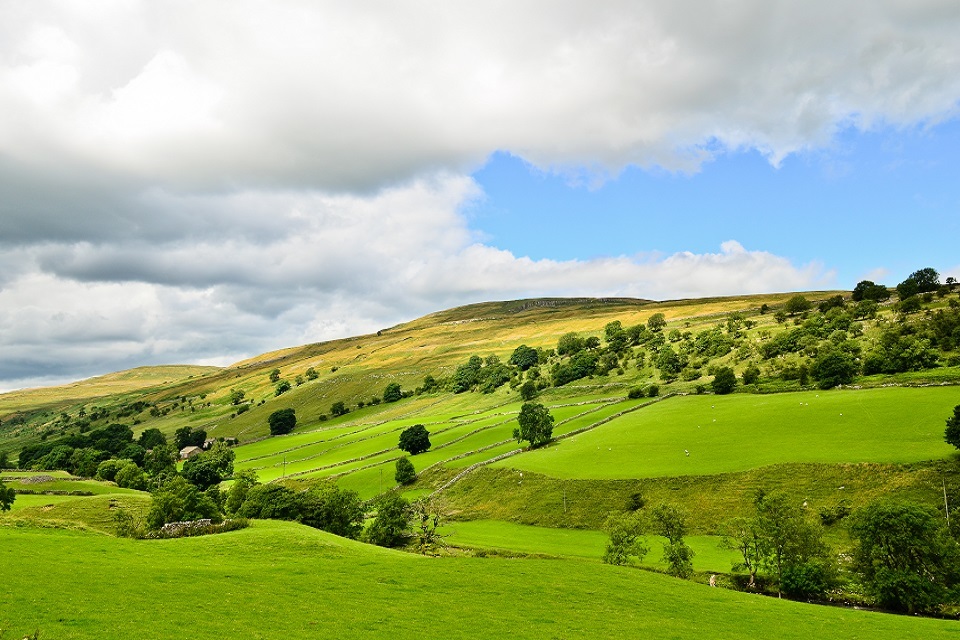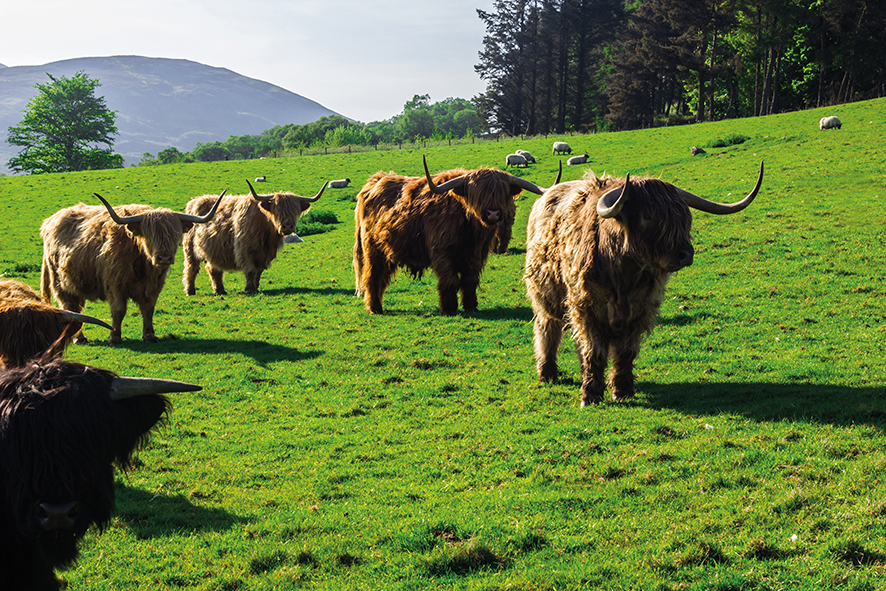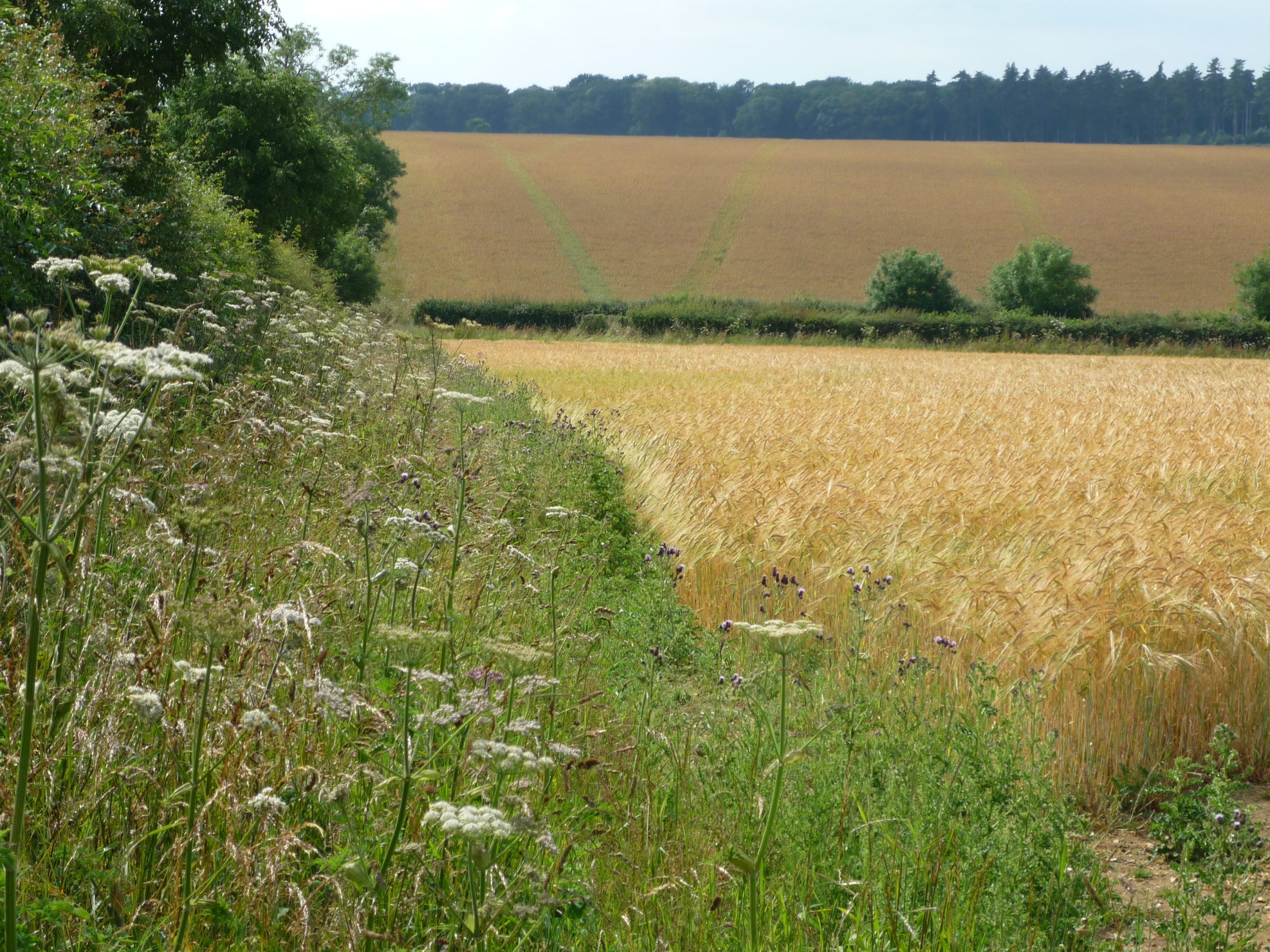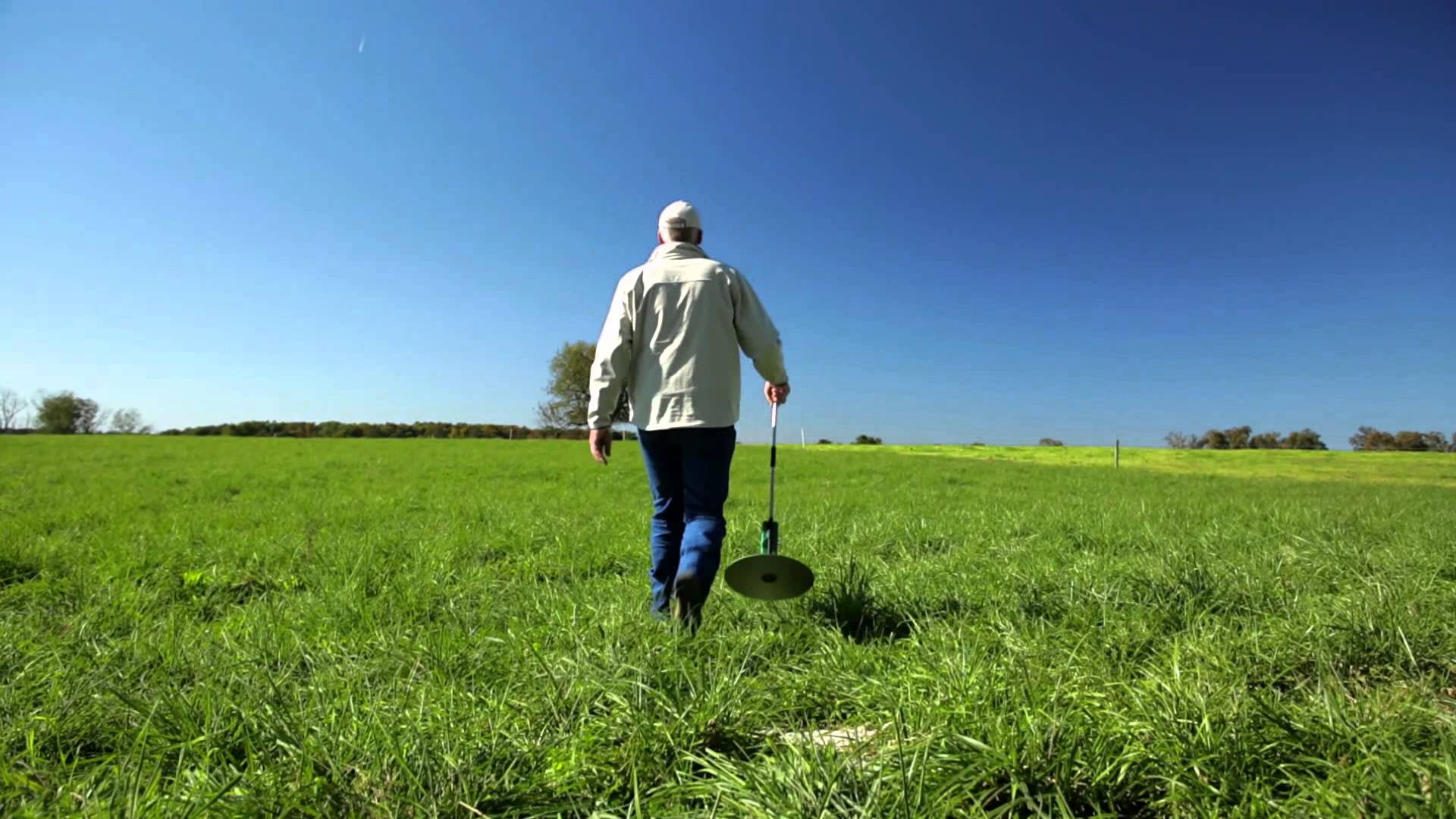The Scottish Government has launched an initial consultation on future agricultural policy. Called Agricultural Transition in Scotland – First Steps Towards our National Policy it follows on from the work carried out by the Farmer Led Groups (FLG). These were set up in 2020, covering all the agricultural sectors in Scotland to recommend ways in which farmers and crofters could consider the effects of landuse change and cut their emissions to help tackle climate change (see our article https://abcbooks.co.uk/sustainable-future-for-farming-scotland/). Reducing greenhouse gas emissions was core to the work of the FLGs but improving biodiversity and agricultural productivity were also seen as important.
Although billed as as a consultation on future agricultural policy, its not perhaps quite what the industry was looking for. It does not give clear proposals for new schemes or timings – it is more about generic policy direction. The consultation provides an overview of the key themes and recommendations emerging from the FLG reports. It also asks a number of questions arising from the recommendations from the FLGs to inform wider work on the development of Scotland’s national agricultural policy, including:
- Baselining – should support be received for businesses to undertake a level of baseline data collection; should this be a national collection; what information should be collected?
- Capital Funding – should this only be limited to providing support for capital items that have a clear link to reducing greenhouse emissions?
- Biodiversity – should all farming and crofting businesses be incentivised to undertake actions which enhance biodiversity?
- Just Transition – what are the main opportunities and barriers for farmers in a ‘Just Transition’ to a net zero economy?
- Sequestration – how best can land use change be encouraged on the scale required for the Scottish Government to meet its climate change targets?
- Productivity – would incentives for farm plans targeting flock/herd, soil and crop health demonstrate productivity over time and should future support be dependent on demonstration of improvements in productivity?
- R & D – are additional measures required above the 2022-2027 research strategy
- Knowledge & Skills – should Continuing Professional Development (CPD) be mandatory for businesses receiving public support?
- Supply Chains – should farm assurance be linked to requirements for future support and how can the green credentials of Scottish produce be further developed?
The consultation closes on 17th November 2021 and there is expected to be a series of workshops to help further identify the key issues and stimulate ideas during the consultation period.
In addition to the consultation, almost inevitably, the Scottish Government has also set up a new committee. The ‘Agriculture Reform Implementation Oversight Board’ (ARIOB), co-chaired by the Cabinet Secretary and NFUS President Martin Kennedy is tasked with driving forward the recommendations from the FLGs and developing new proposals for sustainable farming support. This will also include consulting on proposals for a sustainable suckler beef scheme.
This initial consultation is expected to be followed by a full consultation in 2022 on proposals for future farm policy, with an Agriculture Bill setting legislation in 2023. This is likely to have more of a ‘framework’ covering the transition from CAP based schemes to domestic policy. The full consultation can be found at https://www.gov.scot/publications/agricultural-transition-scotland-first-steps-towards-national-policy-consultation-paper/documents/ More information on the ARIOB, including members can be found at https://www.gov.scot/news/delivering-a-new-future-for-rural-scotland/.









